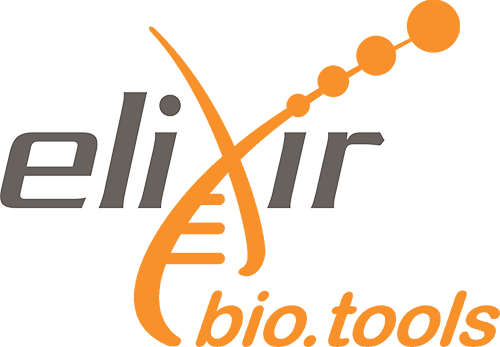e-learning
Neoantigen 1a: Fusion-Database-Generation
Abstract
A neoantigen is a novel peptide (protein fragment) that is produced by cancer cells due to mutations, including gene fusions, that alter the DNA sequence in a way that generates unique proteins not found in normal cells. Because these mutated proteins are unique to the tumor, they are recognized as "foreign" by the immune system. Neoantigens are valuable in immunotherapy because they can serve as specific targets for the immune system, allowing treatments to selectively attack cancer cells while sparing normal tissue. By stimulating an immune response specifically against these neoantigens, therapies like cancer vaccines or T-cell-based treatments can be developed to enhance the body’s natural defense mechanisms, making neoantigens a promising avenue for personalized cancer treatment.
About This Material
This is a Hands-on Tutorial from the GTN which is usable either for individual self-study, or as a teaching material in a classroom.
Questions this will address
- Why must we generate a customized fusion database for proteogenomics research?
Learning Objectives
- Downloading databases related to 16SrRNA data
- For better neoantigen identification results.
Licence: Creative Commons Attribution 4.0 International
Keywords: Proteomics, label-free
Target audience: Students
Resource type: e-learning
Version: 1
Status: Active
Prerequisites:
- Introduction to Galaxy Analyses
- Proteomics
Learning objectives:
- Downloading databases related to 16SrRNA data
- For better neoantigen identification results.
Date modified: 2025-07-02
Date published: 2025-01-14
Contributors: Katherine Do, Pratik Jagtap, Saskia Hiltemann, Subina Mehta, Timothy J. Griffin
Scientific topics: Proteomics
Activity log


